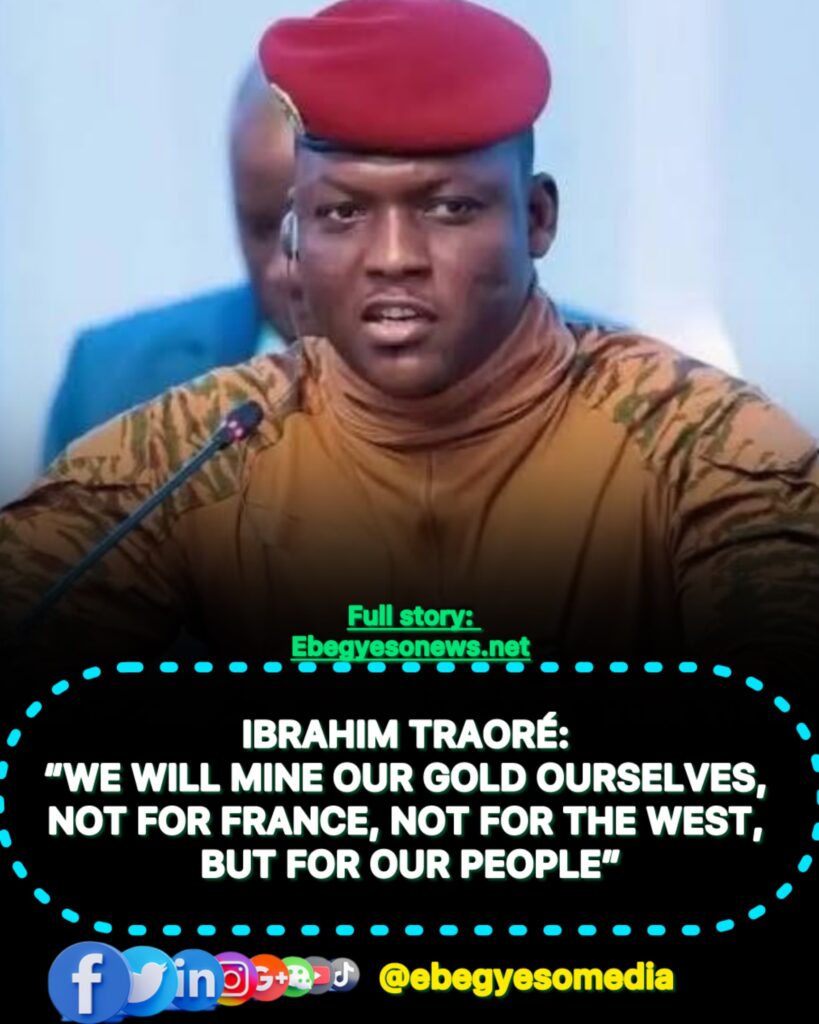Burkina Faso’s transitional leader, Captain Ibrahim Traoré, has reaffirmed his commitment to reclaiming national control over the country’s gold resources, signaling a significant shift in the nation’s mining policies.
In a recent address, Traoré emphasized the country’s capability to manage its gold mining operations independently, questioning the continued involvement of multinational corporations. He stated, “We know how to mine our gold, and I don’t understand why we’re going to let multinationals come and mine it”
This declaration aligns with the government’s broader strategy to enhance local participation in the mining sector. The administration has initiated the revocation of certain foreign mining licenses, aiming to increase domestic gold production and ensure that the benefits of the country’s natural resources directly support its economy
Burkina Faso ranks as Africa’s fourth-largest gold producer, with the precious metal accounting for over 80% of the nation’s foreign exchange earnings [3] . Despite this, much of the mining industry has been dominated by foreign entities. The government’s recent actions, including the nationalization of mines previously operated by Canadian companies, reflect a concerted effort to rectify this imbalance .
Further demonstrating this commitment, the state has taken control of the Essakane gold mine. In December 2024, the government celebrated the production of its first gold bars from this site, marking a milestone in its pursuit of resource sovereignty .
These developments are part of a broader movement across Africa’s Sahel region, where countries are increasingly asserting control over their natural resources. By prioritizing national interests and reducing reliance on foreign companies, Burkina Faso aims to foster economic self-reliance and ensure that its mineral wealth benefits its citizens directly.





